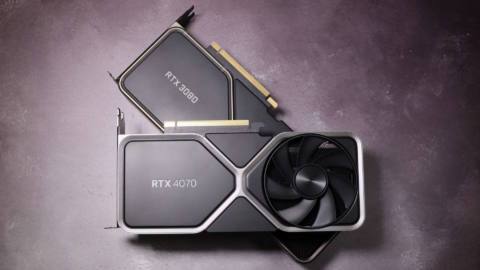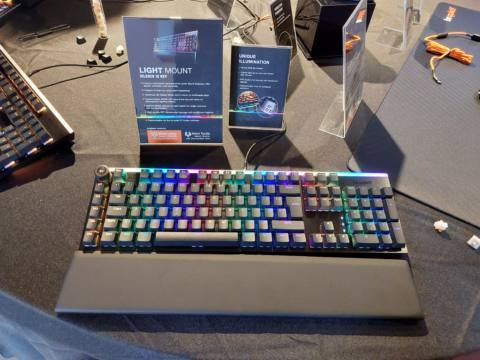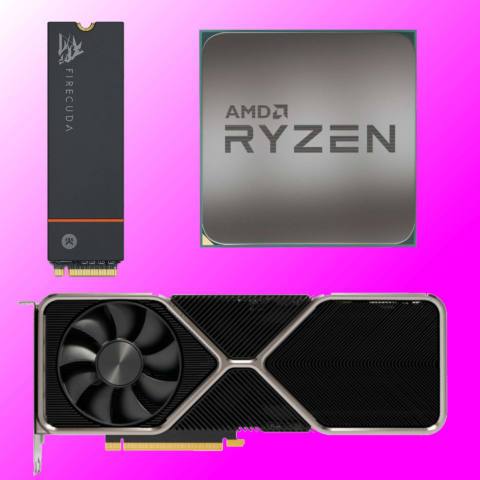We've written extensively about the stability issues affecting Intel's 13th and 14th Gen processors. Both of our Jacobs have covered it thoroughly, with Jacob Fox thoroughly explaining the saga, while Jacob Ridley ran through a suite of benchmarks comparing pre and post-fix BIOSes, which thankfully revealed no noticeable performance penalty.
The issue hasn't entirely gone away though. Intel's investigation is ongoing, and it has promised another update by the end of September. But there's some good news. Intel says “that its next generation of processors, codenamed Arrow Lake and Lunar Lake, are not affected by the Vmin Shift Instability issue”.
The quote above comes from a blog post (via Tom's Hardware) issued a few days ago by Intel. It goes on to reassure owners of all 12th Gen, 13th and 14th Gen mobile, i3 and i5 (non-K) processors, as well as all Xeon and Core Ultra Series 1 processors are free of the issue.
While news of Arrow Lake and Lunar Lake being free of Vmin stability issues is unsurprising, it definitely is reassuring. A recurrence of this issue would have been nothing short of a disaster for Intel. I'm sure it's been feverishly putting its next gen chips through barrages of stability tests.
In the blog post, Intel reiterates the request for all 13th and 14th Gen owners to update their motherboard's BIOS, and enable the default settings. Interestingly, it recommends all users do so, even those who don't own the affected chips. Better safe than sorry, I guess.

Best CPU for gaming: The top chips from Intel and AMD.
Best gaming motherboard: The right boards.
Best graphics card: Your perfect pixel-pusher awaits.
Best SSD for gaming: Get into the game ahead of the rest.
Intel has unquestionably taken a hit to its reputation, but by how much is impossible to quantify. It couldn't have come at a worse time either, as Intel's poor corporate performance is an ongoing matter of concern. That's a bigger picture thing though.
Now that the stability issues have been identified and supposedly rectified, Intel will be hoping to put these issues behind it. When the dust settles, some questions will remain. Did Intel have to sacrifice a little next-gen performance to ensure stability? Was it ironed out at the architectural or platform level? Will it put the hammer down on motherboard manufacturers for pushing out-of-spec turbo boost and power modes?
Hopefully we'll find out soon enough. Both CPU families will launch in the coming weeks.






